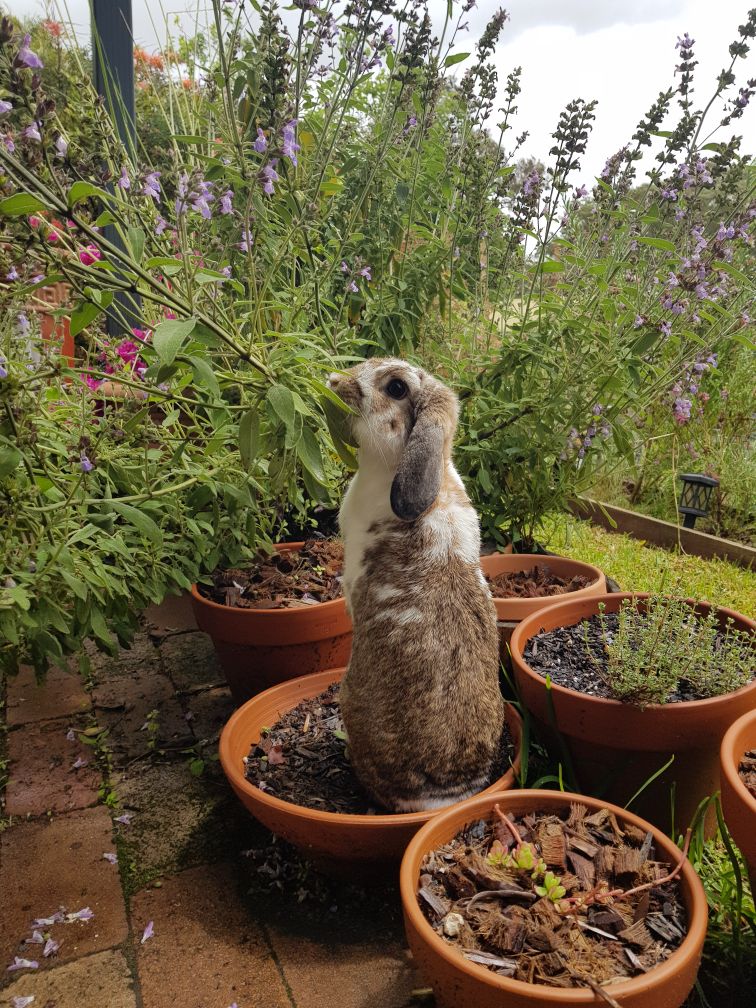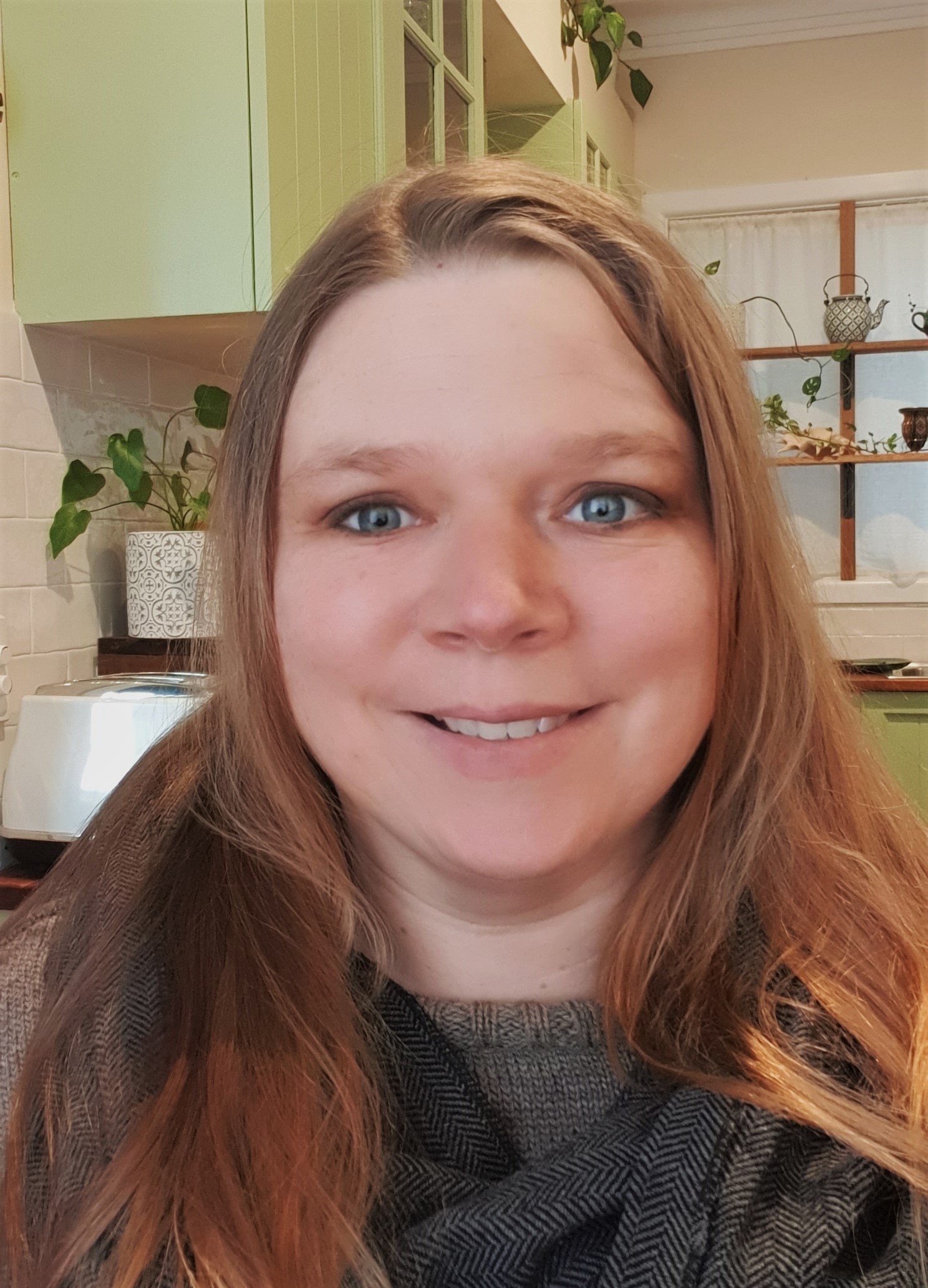By Joanna Willis, Peer Support Officer
Hi, I’m Jo, the new Peer Support Officer at Forward Ability Support. Let me introduce myself. I’m 41, and I live with my sister in a leafy Sydney suburb with a lovely backyard that we use to grow our veggies and that our two rabbits enjoy hopping around in. I have a Bachelor of Arts in politics, a post-grad diploma in political economy, and a diploma in counselling. I’m currently working on a Master of Social Work. Pre-undergrad, I dipped my toes into the business world by setting up and running an import/distribution company. The problem is that this kind of work can be incredibly dull and places money above all else. So, as I began to think about what my future could be and what was important to me, I realised I wanted to work for my community – and by “my community”, I mean those of us living with a disability and those who support us.

I was 17 when I sustained my spinal injury. I slipped backwards off a balcony at a party, falling four stories and severely damaging my C6 vertebra. I know that our disabilities don’t define us, but if we’re to be honest they can greatly influence the course of our lives. And it’s precisely this kind of contradiction that I want to explore in my role as a Peer Support Officer.
The wrinkle with wanting to work for my community is that I still find it hard to define. I’ve spent 24 years living as a person with a disability, and I still have no concept of “the disability community”, as its edges can be somewhat fuzzy. The truth is, in my mind, there is no community, not really. We are a disparate group of individuals loosely connected through membership to a club that none of us has chosen to belong to. We have different likes and dislikes, opinions and perspectives, experiences of disability, skin colours, languages, gender, and sexuality, and different understandings of what it means to have a disability today. Nonetheless, sometimes what anyone wants, is to talk to someone who faces similar challenges and with whom you can exchange and reflect on shared experiences. We also share an intimate bond with those who care for us – as well as those whom we care for. That is my community.
Maintaining good mental health is vital for both people who have a disability as well as for those who care for them. Identifying signs that your mental health may be declining can be tricky though. Each month I will contribute an article to the FAS newsletter on topics ranging from psychosocial wellbeing to community engagement and anything in between.
Presumably, if you are reading this, you are either a person with a disability or are disability adjacent, so know this: I am here for you. As a Peer Support Worker, I am here to support you, and you will primarily shape my role. Whether you need someone to advocate on your behalf, connect you to existing services and supports, or just to have a chat with over lunch or a cuppa – it’s up to you. So please do contact me through email or phone and let me know what I can do to best support you.
